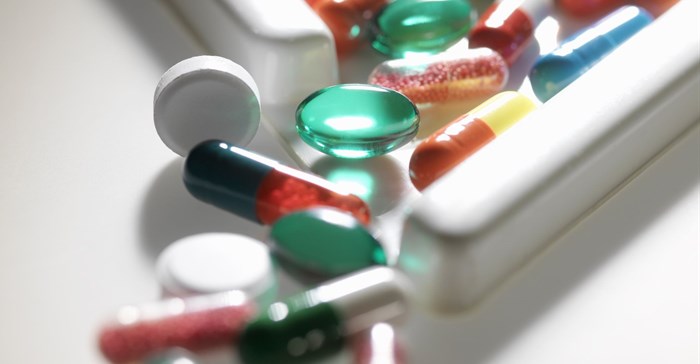
Top stories






More news







Logistics & Transport
Uganda plans new rail link to Tanzania for mineral export boost











“Many of us have seen adverts on the internet for well-known medicines that are usually only available with a doctor’s prescription. Powerful painkillers or medicines for erectile dysfunction, for example, may be advertised for a fraction of the usual cost with no prescription required to order the medicine. This is just one of the many ways in which unscrupulous criminal organisations dealing in fake or stolen medicines operate,” explains pharmacist Ria Westerman of Medipost Pharmacy.
Fake, or counterfeit, medicines are products that are illegally manufactured in imitation of original pharmaceutical products, and often contain inappropriate amounts of the active ingredients or even none at all.
“Counterfeit medicines, apart from being ineffective as treatment, may even be contaminated with hazardous substances such as building cement, paint thinner or antifreeze. The intention is to sell these unregistered substances, instead of the real medicine, for profit to unwitting retailers or consumers,” she explains.
“These imitations can be very convincing, however sometimes it is possible to detect small differences in the appearance of the medicine or packaging when it is closely compared with the genuine article. If a consumer notices that a batch of medicine differs in colour, size, shape or packaging, or notices that the packaging appears to have been tampered with, they should contact their pharmacist for advice,” says Westerman.
“The human toll of counterfeit medicines cannot be ignored. Several years ago, for example, counterfeit meningitis vaccines administered to children in Nigeria led to tragic consequences. This is because when children fell ill, their parents confirmed they had received the vaccine and meningitis was therefore ruled out as the cause of their illness, leading to many deaths.
“In another instance, counterfeit anti-malaria medication for treating fatal falciparum malaria, that in fact only contained sugar and resulted in over 1000 malaria deaths in Africa, was documented by the World Health Organisation [WHO],” she says.
“Substandard medicines are also cause for concern. These are medicines that have been legitimately produced by the manufacturer but have, for one reason or another, failed to meet quality assurance standards or may have expired. By law, these products must be destroyed, however they may be illegally repackaged and sold by criminals who see an opportunity for making money with no regard for the health and safety of the patient who would take the medicine, believing it to have therapeutic value.”
The illicit trade in medicines in South Africa often involves legitimate medicines that have been obtained illegally, and may be dangerous in the wrong hands. “These medicines may be sold very cheaply in this illegal trade without the buyer having to present a doctor’s prescription, which would ordinarily be required. The public should be aware that the quality of medicines purchased illegally could be substandard due to various factors, such as the conditions under which the medicine has been stored.”
While South Africa has not been as severely impacted by counterfeit and substandard medicine problems as many other African countries, particularly those in central and West Africa, the public and healthcare workers should be alert to the potential dangers and always remain vigilant.
It is worthwhile to check the expiry dates marked on any medication. “If you notice that the expiry date is marked on an added-on label, which bears no other product information, this is unusual for medicines and should be checked. Peeling back the sticker could confirm whether it may be concealing an earlier expiry date, which would be an indication that the medicine is not fit for consumption and would need to be reported," she says.
The greatest protection against the dangers of counterfeit or substandard illegitimate medicines for healthcare consumers is to obtain medicines through reputable pharmacies that are registered with the South African Pharmacy Council (SAPC).